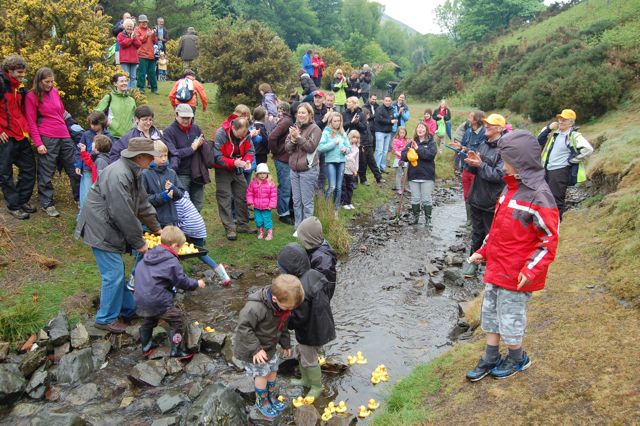Why is recycling important?
Recycling plays an essential role in conserving the earth’s resources, and sits at the heart of the Waste Hierarchy.
The Waste Hierarchy prioritizes actions that have the least environmental impact, encouraging individuals and communities to adopt practices that minimize waste generation and maximize resource efficiency.
The Waste Hierarchy:
- Prevention:
- The most effective way to manage waste is to prevent its generation in the first place. This involves making conscious choices to reduce consumption, choose products with minimal packaging, and support businesses committed to sustainability.
- Reuse:
- Extending the life of products through reuse is the next step in the waste hierarchy. This can be as simple as opting for refillable containers, donating or selling items instead of discarding them, and embracing the concept of a circular economy where products are designed for multiple uses. Items may need to be repaired for re-use, and Stretton Climate Care runs a monthly Repair Cafe.
- Recycling:
- Recycling plays a pivotal role in the waste hierarchy by transforming waste materials into new products. Whether it’s paper, plastic, glass, or metal, recycling conserves resources, reduces energy consumption, and decreases the volume of waste sent to landfills.
- Recovery:
- Energy recovery, including processes like waste-to-energy incineration, can help extract energy from non-recyclable waste. While not as environmentally friendly as recycling, energy recovery is considered preferable to outright disposal in landfills.
- Disposal:
- Landfill disposal is the least desirable option in the waste hierarchy. It contributes to soil degradation, water pollution, and the release of harmful greenhouse gases. Minimizing landfill use is a key goal for a sustainable waste management strategy.
The Importance of Recycling:
- Conservation of Resources:
- Recycling reduces the demand for raw materials, helping to conserve natural resources such as forests and minerals. This, in turn, mitigates the environmental impact of resource extraction and promotes a more circular and sustainable economy.
- Energy Savings:
- Producing goods from recycled materials generally requires less energy than manufacturing from virgin resources. Energy savings in the recycling process contribute to a lower carbon footprint and decreased reliance on finite energy sources.
- Waste Reduction:
- By diverting materials from landfills, recycling minimizes the environmental impact associated with waste disposal. It helps control pollution, protects ecosystems, and reduces the need for new landfills.
- Job Creation and Economic Benefits:
- The recycling industry generates employment opportunities and contributes to economic growth. Recycling initiatives create jobs in collection, sorting, processing, and manufacturing, fostering a sustainable economy.
For more information on local recycling options see the Recycling page on the Church Stretton Town Council website. Embracing the waste hierarchy and prioritizing recycling are crucial steps toward building a more sustainable and resilient future. Every individual, community, and business has a role to play in reducing waste and promoting responsible consumption. By adopting these principles, we pave the way for a world where the value of resources is appreciated, waste is minimized, and the environment thrives.
Learn more about this important topic.


